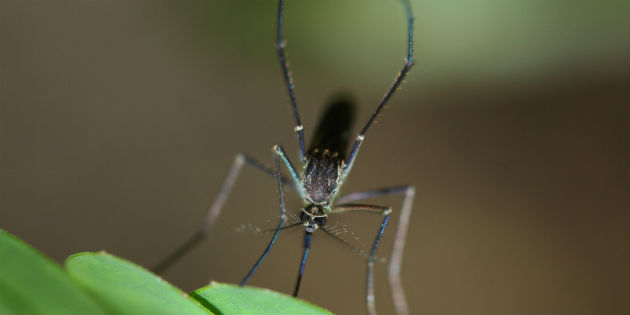The Zika virus and hearing loss
Study
Researchers have found that the proportion of infants with sensorineural hearing loss in congenital Zika virus infection was similar to that reported for other congenital viral infections.

The emergence of the Zika virus has generated significant concern worldwide, even prompting some health authorities to issue warnings to participants and athletes at the Summer Olympics recently held in Rio de Janeiro, Brazil.
Research efforts to understand the clinical repercussions of Zika have continued in recent months since the full clinical spectrum of the disease has not yet been characterized. The US CDC recently announced an additional USD 2.4 million in funding to public health departments in five US cities (Los Angeles, New York, Philadelphia, Chicago, and Houston) to develop knowledge on the virus and its clinical profile.
Recent evidence has shown that, in addition to developmental delays and visual impairments, congenital Zika virus infection may be associated with hearing loss. The findings were reported in the CDC’s Morbidity and Mortality Weekly Report (MMWR) for the first week of September.
The study of interest was a retrospective assessment of a group of 70 infants aged 0–10 months with microcephaly and laboratory evidence of Zika virus infection, and was carried out in a specialized hospital in Brazil. Five of the infants (7%) had sensorineural hearing loss and all had severe microcephaly.
Source: MedPageToday; CDC Weekly / September 2, 2016 / 65(34);917–919.


